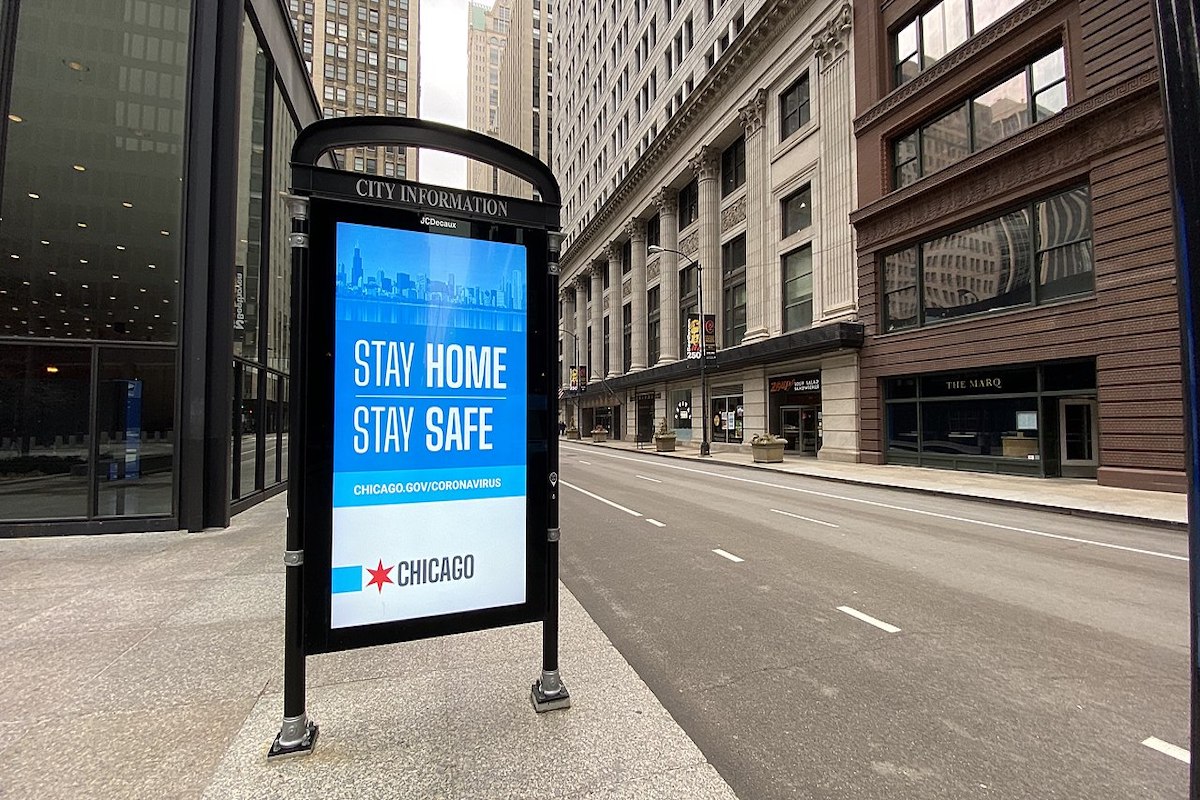By Belia Llamas
COVID-19 was declared a pandemic on March 11, 2020 by the World Health Organization. It has now been a year since life last felt “normal,” and since the U.S. announced its first known COVID-19 death with many more to follow. For many healthcare workers, like myself, it has almost been a year of working non-stop. The reality is that we not only work as nurses during normal shift hours, but we also don’t stop being nurses after we clock out.
That reality finally caught up to me. For the last month, I have struggled with burnout for the first time in my career, and it feels endless. I have lacked motivation and energy, but have had difficulty understanding why. I am not an ICU nurse; I work as a community health nurse. Yes, I have provided and coordinated care to make sure my patients get the medical and psychiatric care they need, while also protecting them from potential exposure, but I have not experienced half of the things that nurses on the frontlines of the pandemic have. What was my excuse?
Yet, in recently watching the New York Times’ short film “Death, Through a Nurse’s Eyes,” I finally realized, as I broke down in tears, that even though I was not at the bedside of dying COVID-19 patients, I was experiencing death and sickness all year on a personal level, and I have never really processed it.
For every month in the past year, I have received news that either a family or friend had contracted the virus. In early April last year, my dad began to feel ill, and there were days I did not think he was going to make it. Last May, both my best friend and her mom got sick. A couple of weeks later, I received a call from my mom that one of our uncles had passed away due to COVID-19. He died alone in the hospital. We helped pitch in to pay for his funeral. Around the same time, my dad called me to say that his wife’s cousin had passed. Last September, I got a call from a close friend, who had a history of cancer, asking for advice on what to do after she had been exposed to someone who was diagnosed with COVID-19.
I then got some more news that old family friends had passed from COVID-19. In late November last year, I became sick with the virus, and a couple of days later my sister also got sick. She lived with our other sister who just had a baby four weeks prior. My sister’s baby ended up hospitalized after catching a fever, though it was not COVID-19 related, thankfully. My sister would call frequently, asking for me to clarify what the doctors had “explained” to her and their treatment plan. All I wanted to do was sleep. I was sick and extremely exhausted —I have never felt that depleted— but I could not allow myself to rest. My family was relying on me, and I also had school work I needed to complete. I went right back to work as soon as I was cleared. It all felt truly endless.
As vaccines began to roll out in December, I finally began to feel a sense of hope. Several co-workers and nurse friends posted pictures of getting vaccinated, and my heart filled with joy and mostly relief. Finally, there seemed to be an end in sight. But this news also meant a different type of work for me.
For the past year, it has been nonstop. Family and friends would constantly contact me for COVID-19 information, education, testing sites, and advice on what to do once they got sick. Our Latin communities across the country were disproportionately affected by COVID-19. As a Latina nurse, seeing this disparity has taken a mental toll on me, as I am sure it has for many other BIPOC health care providers. As one of the few health care workers in my family, and one of the few Latina nurses in my networks, I was a trusted resource and continue to be as vaccines are distributed. I now get contacted about how and where to schedule vaccine appointments. And several family and friends have reached out to me with their questions about the vaccine, even after receiving information from their providers.
The past few weeks, I have been able to connect people and patients to community resources to get appointments for the vaccine through Chicago’s equity distribution plan and Protect Chicago initiative. Even though I felt burnt out, people’s interest in getting the vaccine and reaching out for education and information on how to sign up has reignited my fire to keep going. It is important now more than ever that we step up and be a health care resource for our communities. If we have done it for almost 365 days, what are a few more?
***
Belia Llamas is a community health nurse with the Faculty Practice program at Rush University and Trilogy Behavioral Healthcare, a doctoral student in public health at Rush and a Public Voices Fellow of The OpEd Project.



